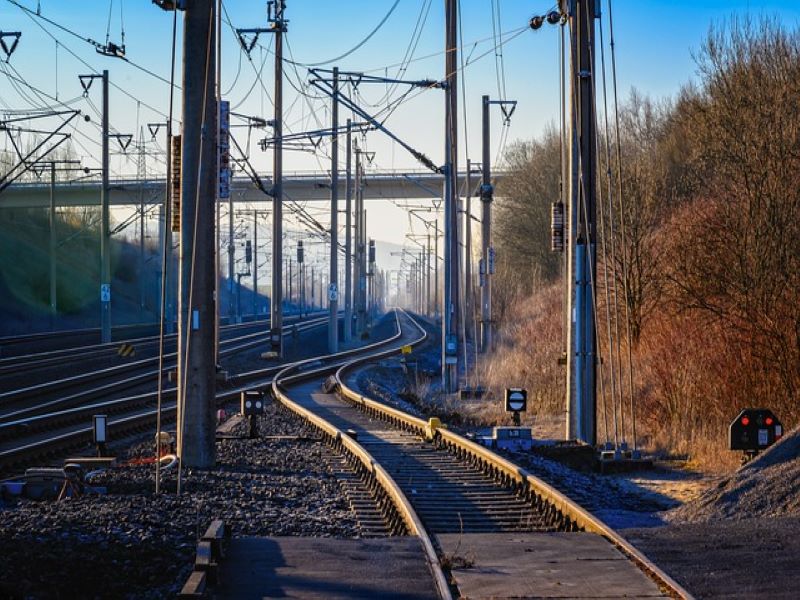
The UK’s Competition and Markets Authority (CMA) has expressed concern that Hitachi Rail’s proposed acquisition of Thales’ rail infrastructure business may result in higher fares in the future.
Last year in August, Japan’s Hitachi Rail agreed to acquire Thales Ground Transportation Business in a deal valued at around €1.7bn.
The Thales unit offers rail signalling and train control systems, fare collection tools, telecommunications and supervision systems, among other technologies.
Hitachi Rail and Thales’ Ground Transportation Business are major suppliers of signalling systems for both mainline and urban tracks across the globe.
The Office of Rail and Road’s (ORR) recent market study revealed that the supply of mainline signalling in Great Britain has a lack of competition due to the market being controlled by only two suppliers Siemens and Alstom.
ORR rolled out multiple recommendations to raise competition from alternative suppliers such as Hitachi and Thales.
To implement these recommendations, Network Rail announced a new tendering process for its next major signalling procurement.
CMA’s main concern is that the deal between Hitachi and Thales may result in the elimination of a credible competitor from the new tendering process for mainline signalling.
Thales has a significant market share for urban signalling within the UK market. It is the largest provider of communication-based train control (CBTC) signalling projects for Transport for London (TfL) services.
The lack of competition across both mainline and urban signalling markets will increase costs for Network Rail and TfL. It will have an adverse knock-on effect on taxpayers and passengers.
By 16 December, both the entities have to submit proposals to address the competition concerns raised by CMA.
Later, the watchdog will decide whether to accept these in principle or refer the deal for an in-depth Phase 2 investigation.
CMA senior mergers director Colin Raftery said: “Network Rail currently spends close to £1 billion annually on mainline rail signalling, and this is expected to increase in future, as equipment needs to be replaced and the UK transitions to digital signalling.”





